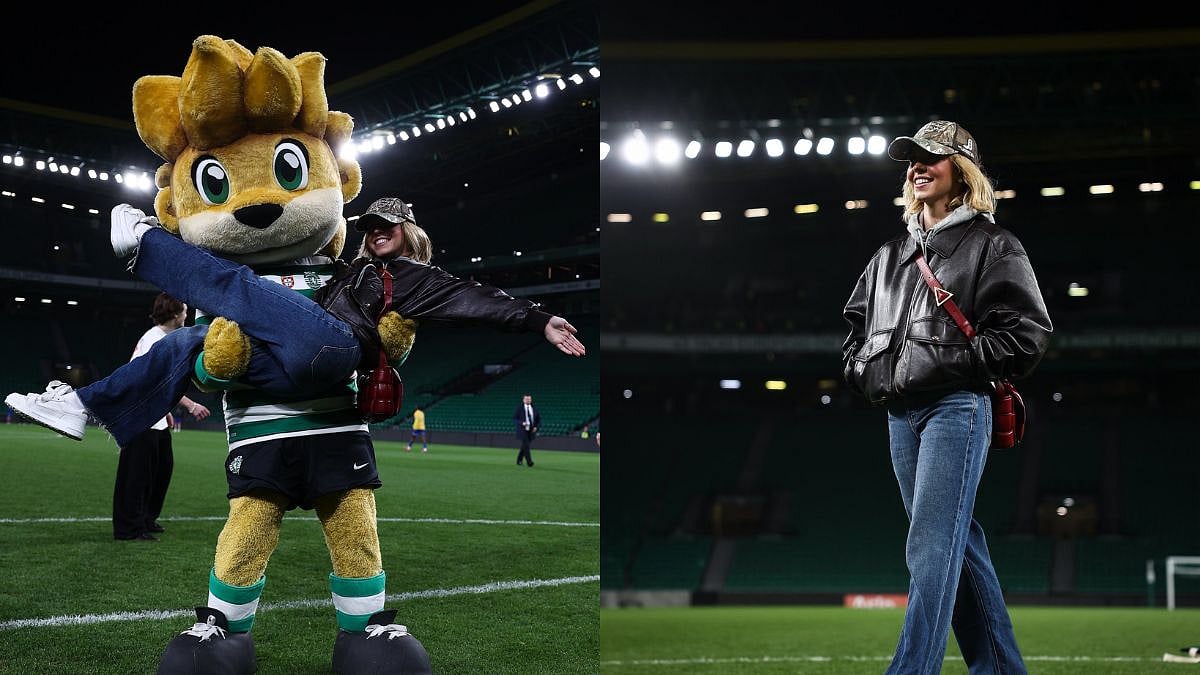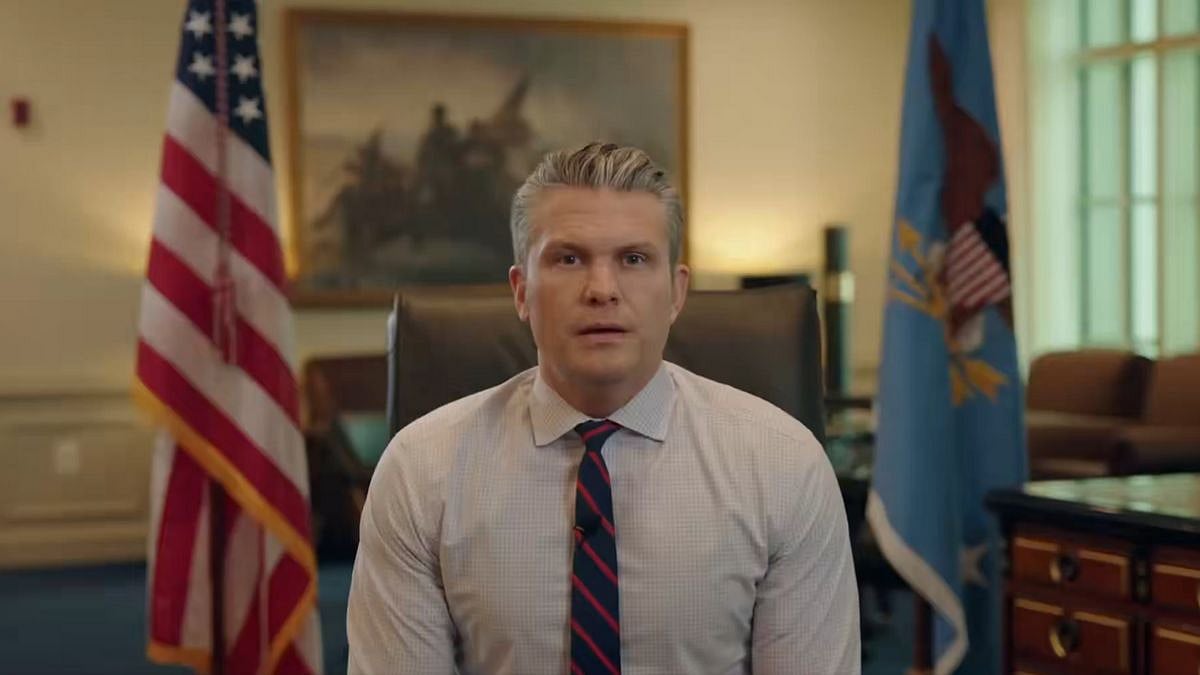As far as feelings go, what is more popular than love? Hate, perhaps. But then it is the other side of love and honestly enough and more hate continues to lurk around. And it is certainly more interesting to talk about love, right? Which might explain why there are millions of songs, poetry, literature, art and even cinema about the subject. And more importantly, it’s February! It has a whole day dedicated to it.
But love isn’t just for Ariana Grande songs and all things mush, is it? The principle of love also applies to our relationships with brands. Love for brands is what drives us to be engaged, connected and at times move away from. Across brands, whatever they may be, product, service or human brands, connection, especially meaningful connection, is what counts.
Learning about stages of love – from new, exciting times to long-term affection, and even to a sobering break-up – can help us understand the almost human feelings one has with brands and why when the feelings are not reciprocated it hurts. Hurts bad.
Brand Love?
Recently, most of us read about an unpleasant incident on a so-called value airline. Weather woes, unpleasant delays, and poor passenger behaviour. Almost everyone went on to verbally bash the traveller for total lack of control and rightly so. But once again, can the brand be completely callous towards its consumer? The utter indifference and coldness of brands these days, across categories and services, is seeming to be on the increase.
So that got me thinking (especially in this month): what’s love got to do with it?
Whether you’ve tumbled head-over-heels in love with an interesting other, that amazing show on your favoured OTT, discovered that swish rooftop bar, or your new coveted cross body sling, your brain is constantly shifting its focus and attention toward the object of your affection. And while love is generally characterised by passion, new love is especially associated with high-octane emotions, and these have a big impact on behaviour and decision making.
With new love, thinking about or interacting with the object of your affection also influences your behaviour. Essentially, surrounding ourselves with loveable brands, we’re ensuring that our brains get their fix, and we feel happier, don’t we? To underscore the point, think of when a disruptor brand came by and totally changed your relationship with a product you liked, but never quite loved. Just like someone who entices you to leave an otherwise happy relationship, these disruptors present an alternative you never knew you needed. Whether it’s a cool looking toothbrush or high-tech luggage, using your new product generates excitement. Each time you feel your squeaky-clean teeth or use the charger built into your suitcase, you feel good about your purchase, yourself, and your new favourite brand. Equally similar is the reaction when we react to an off-hand behaviour of a brand. Going back to the airline example, it was cool, the experience on board was spiffy, their menus and packaging of inflight snacks were collectibles. But all that gets rapidly downward if the brand forgets to love the consumer back or take it for granted. No, that won’t do.
Still In Love With A Brand?
After the honeymoon ends, love shifts from being a highly charged, all-encompassing emotion to a more sustained, slightly lesser pitch feeling. With staple emotions like security and happiness, often excitement paves the way for comfort.
Looking at another example of an ad agency brand. Currently brands getting mashed up or rebranded seems to be the new norm for a Goliath of the agency business. Letting go of heritage brands with some serious equity with a new shiny name which is again an assortment of alphabets will not change the culture, product, and partnerships the earlier avatar of the agency had built, will it? Was it necessary? Just because the earlier agency had a legacy, was it ‘old’? Or are agency brands falling victims to ageism and losing out on love? Perhaps the mighty agency leaders know better but it does make one wonder.
One way that long-term relationships strengthen these bonds – either with people or with brands – is through meaningful connections with the partner. Connection, or how much you think you align with another person or a brand, is associated with all kinds of great things that make good relationships last. People with a strong connection with brands are more likely to resist negativity about the brand, are willing to hold out on a purchase if they can’t find “their” brand and are likely to follow the brand into new categories.
To build meaningfulness, brands need to create a shared set of values or principles that connect. Each time the new alphabet assortment agency is focusing on partnerships, people and product for example, they are further sustaining the love all would feel for the agency brand.
Brand Breakup?
But not all relationships last forever. Falling out of love happens for brands just as it does for people. Trends and fads seem to go straight from new love to lost love, failing to sustain that early excitement. It’s like a child obsessed with a new toy for days or weeks after her birthday before it gets buried in a closet, never to be seen again.
But established brands are vulnerable to break-ups as well. When anyone breaks our trust, whether it’s a person or a brand, it’s very hard to win it back, no matter how long or deep the relationship. Like a grand romantic gesture, brands can sometimes save face by admitting they were wrong, making it up to consumers, and learning from their mistakes. Remember the automotive giant and the infamous Dieselgate? The brand bought back or refitted many of the impacted cars at great expense. But the move may have saved brand trust, and sales were up the year following buyback.
To win back the hearts of consumers is to perhaps simply say something close to a ‘sorry’. It is just another simple way of reinforcing that I, the brand, love you too!
If we look at human brands, especially the mega stars, humility is a rare occurrence and returning the love to fans even lesser. Royal waves and meet and greets often lead to more heartbreaks than love. And come another Friday, the fan love finds a new heartthrob. Cyclic, never-ending, and almost given. That is why in the maze of short-term stars, who are easily replaceable, only a handful are sustainable superstars. It would be worthwhile for these so-called stars to be at least polite to those fans who are their raison d’ etre?

Is Love All You Need?
All mush set aside, yes, you do need love.
It’s important for any business to think about the human aspect of brand relationships. The way we interact and develop our relations with a brand goes into building our relationships with the brand. If it will be a short, fleeting affair or a long, sustained one is a two-way story. So, if brands are looking to have long-term love from their consumers, they too have to make enough investments into those relationships.
To wrap, read somewhere and it seems almost inspired by our magnificent Mumbai: “Love is a two-way street, always under construction”!
(The author is an independent brand curator, coach and consultant.)







